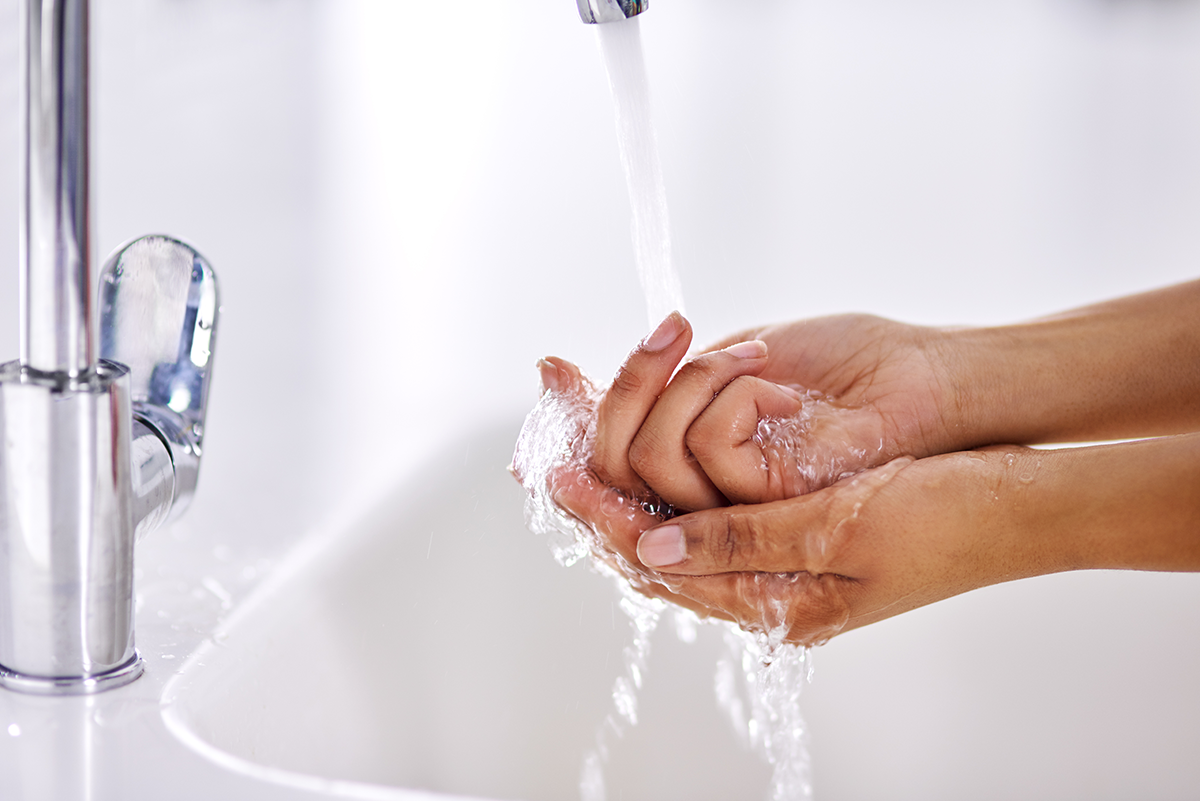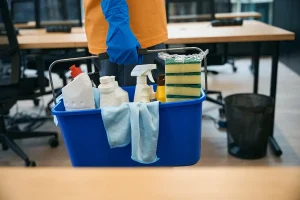Despite growing awareness about the importance of hand hygiene in preventing illness, a new report reveals concerning gaps in American handwashing practices. The findings highlight a troubling disconnect between what people know about proper hand hygiene and what they actually do in daily life.
The Sobering Statistics
According to a recent report from the National Foundation for Infectious Diseases (NFID), nearly half of
U.S. adults—a staggering 48%—admit to forgetting or deliberately choosing not to wash their hands in critical situations. This includes moments after visiting grocery stores, restaurants, coffee shops, or healthcare facilities like doctor’s offices and hospitals.
The timing of this report is particularly significant, coming after what health officials called the worst flu season in 15 years and multiple norovirus outbreaks across the country.
Knowledge vs. Practice: A Critical Gap
While most Americans understand the basics of handwashing in theory, their real-world habits tell a different story. The survey found that 62% of respondents correctly knew that washing hands with soap and water for 20 seconds effectively reduces germ transmission. However, knowledge doesn’t always translate to action.
Why People Skip Handwashing
The reasons behind poor hand hygiene habits vary:
Forgetting remains the top reason people don’t wash their hands, but perhaps more concerning is that one in five adults (20%) actively choose not to wash their hands. Their justifications include:
- Believing it’s unnecessary
- Not having enough time
- Worrying about skin dryness
Interestingly, the survey revealed gender differences in handwashing behavior: men are more likely to simply forget, while women tend to reach for alternatives like hand sanitizer when they skip traditional handwashing.
When Americans Do Wash Their Hands
The survey identified the top situations that prompt handwashing:
- After using the restroom (69%)
- After handling food (48%)
- After handling human or animal waste (39%)
However, only 30% of respondents wash their hands after coughing or sneezing—a particularly troubling finding given how easily respiratory diseases like flu spread through airborne droplets.
The Bigger Picture: Health Impact and Motivation
The stakes couldn’t be higher. Health experts estimate that if everyone routinely washed their hands properly, approximately 1 million lives could be saved worldwide each year.
Most Americans (55%) say they wash their hands primarily to stay healthy and avoid illness. Additionally, 68% cited preventing the spread of germs to others as a top motivation, showing that community- minded thinking does influence hygiene habits.
Seasonal Patterns and Post-Pandemic Trends
The data reveals some interesting behavioral patterns:
- 26% of respondents increase their handwashing frequency during fall and winter months, despite germs being present year-round
- One-third of Americans report washing their hands more frequently now than they did during the COVID-19 pandemic
The Bottom Line
As Dr. Robert H. Hopkins Jr., NFID medical director, emphasized: “While handwashing is an important strategy for disease prevention, and should be complementary to vaccination, it is a critical and often overlooked tool.”
The report serves as a crucial reminder that proper hand hygiene remains one of our most powerful— and underutilized—weapons against infectious disease. Bridging the gap between knowledge and practice could have profound implications for public health, potentially saving countless lives and reducing the burden of preventable illnesses.
This summary is based on the 2025 NFID State of Handwashing Report, which provides comprehensive insights into American handwashing behaviors and attitudes.





